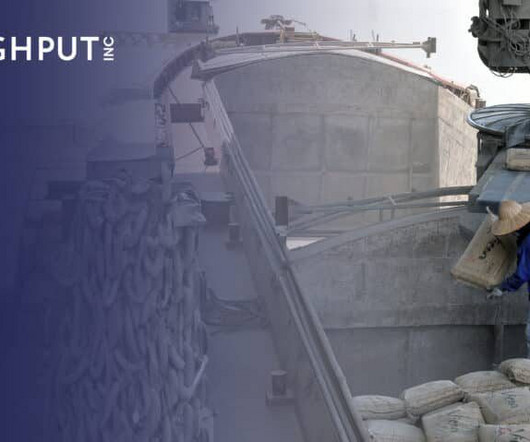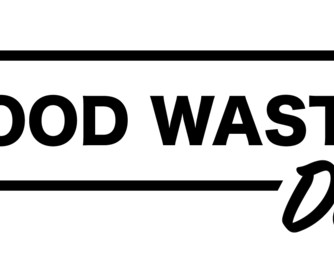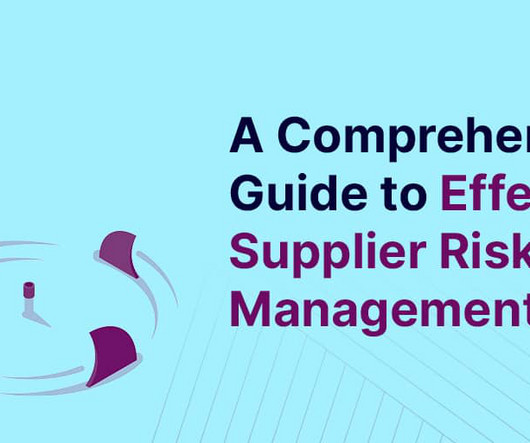This Week in Logistics News (October 1 – 7)
Logistics Viewpoints
OCTOBER 7, 2022
For those unaware of the term, shrink is an accounting term used to describe when a store has fewer items in stock than in its recorded book inventory. Small businesses getting squeezed out in push for warehouse space. The six areas are energy use, nature, waste, packaging, transportation, and product use and design.
























Let's personalize your content